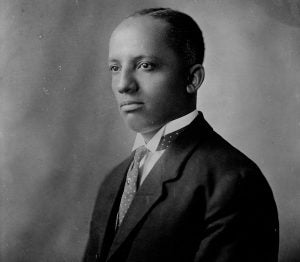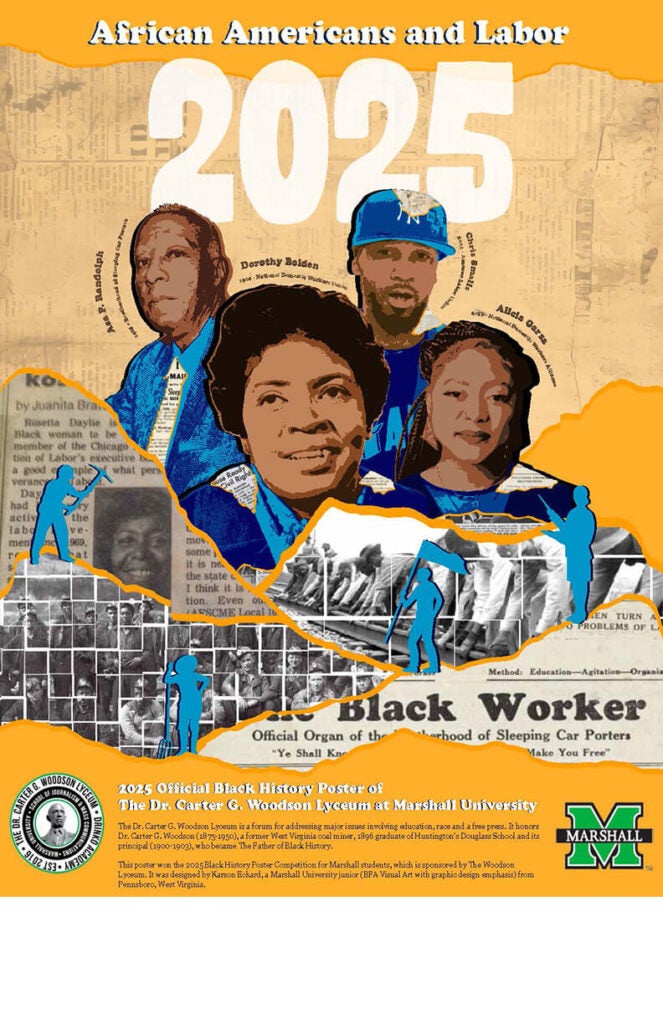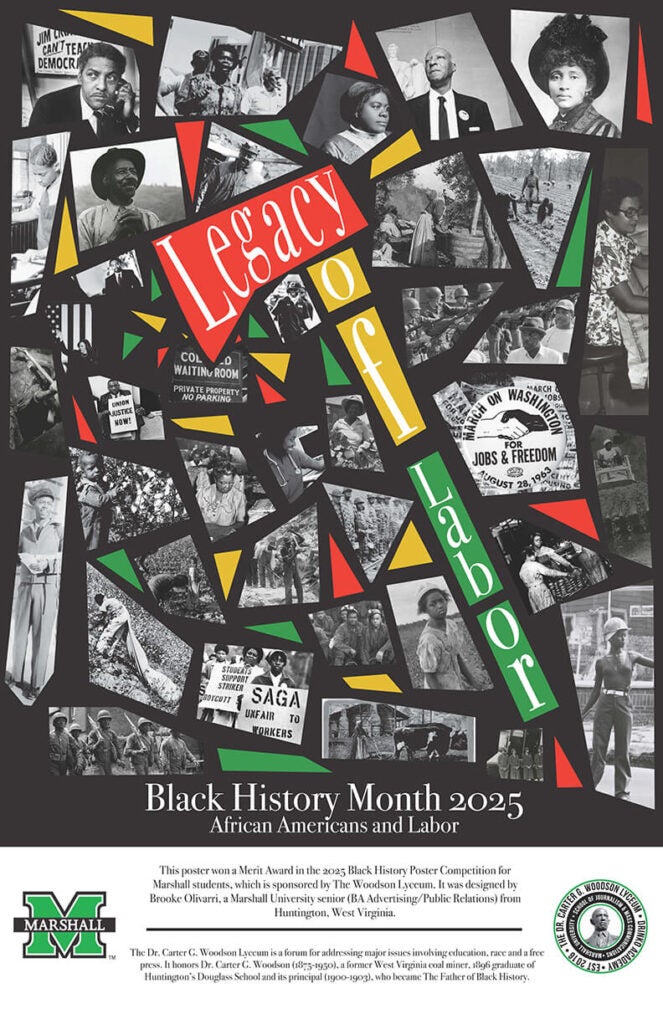Burnis R. Morris: Woodson’s black history blueprint laid out ideals
The Herald-Dispatch Feb. 2, 2020
 The Lyceum is named in honor of Woodson (1875-1950), one of the leading educators of the 20th century, a former West Virginia coal miner and a former resident of Huntington, where he graduated from high school in 1896 and served as the school’s principal from 1900 to 1903. Woodson was the second African American student to receive a Ph.D. in history at Harvard and the first person whose parents were former slaves to earn a doctorate in history from any institution. The lyceum’s name also is inspired by Aristotle’s lyceum, a school founded in 335 B.C. as a place for thinking and learning.
The Lyceum is named in honor of Woodson (1875-1950), one of the leading educators of the 20th century, a former West Virginia coal miner and a former resident of Huntington, where he graduated from high school in 1896 and served as the school’s principal from 1900 to 1903. Woodson was the second African American student to receive a Ph.D. in history at Harvard and the first person whose parents were former slaves to earn a doctorate in history from any institution. The lyceum’s name also is inspired by Aristotle’s lyceum, a school founded in 335 B.C. as a place for thinking and learning.
At Marshall, The Lyceum will reflect influences of Woodson and Aristotle – while addressing critical issues involving education, freedom of expression and race/ethnicity. The lyceum will support scholarships for minorities and disadvantaged students and encourage full participation of all groups and individuals seeking the American dream.
This website is supported as part of a 2016 grant from West Virginia Humanities Council to create a summer institute on black history instruction. The site extends the reach of the June 2017 institute to many students and teachers across the country who could not attend in person.
In a groundbreaking initiative to honor and rediscover a rich history, Marshall University, in collaboration with its co-sponsors, the City of Huntington and Marshall Health Network, proudly announces the commemoration of a great epoch in the American story – the centennial of Negro History Week.
The centerpiece of the centennial is an Online Black History Courses Program of entry-level, non-credit courses – much like Dr. Woodson’s Home Study Department, which offered the public correspondence courses on Black History in various disciplines. The courses were directed toward people who had learned little about this history during their school years.
Academics and members of the public are encouraged to submit course proposals for this historic endeavor. When operational, the program will provide instruction to all people, everywhere – including students in schools and adults who are simply interested in learning more history.
View the Announcement (4/3/24)
Call for Proposals Announcement (4/3/24)
American Milestone Symposium – Call for Papers (Deadline – June 1, 2025)



